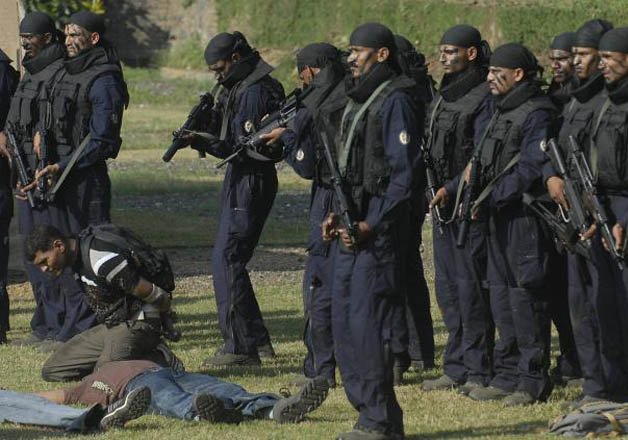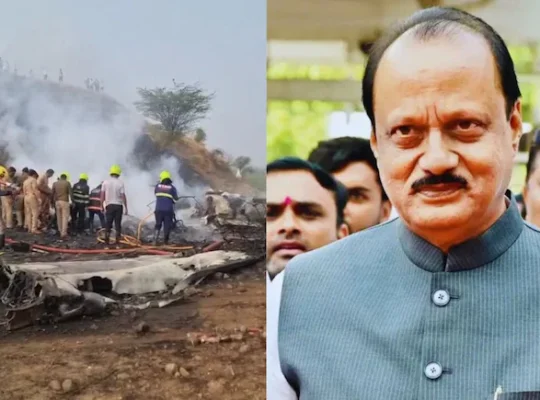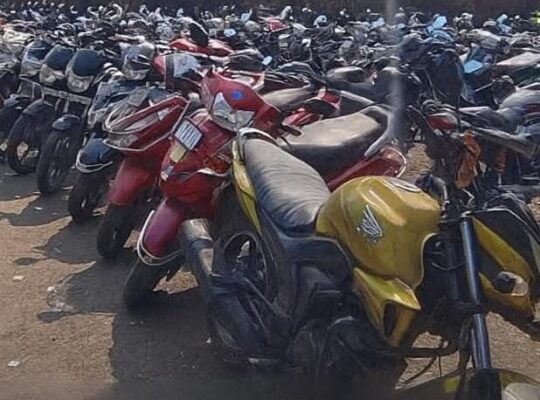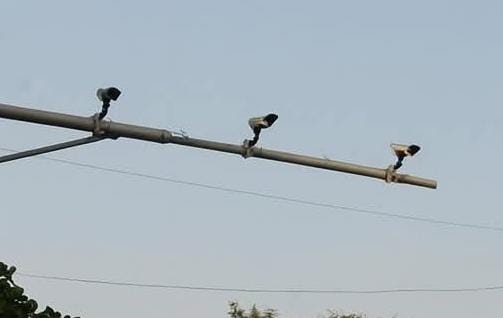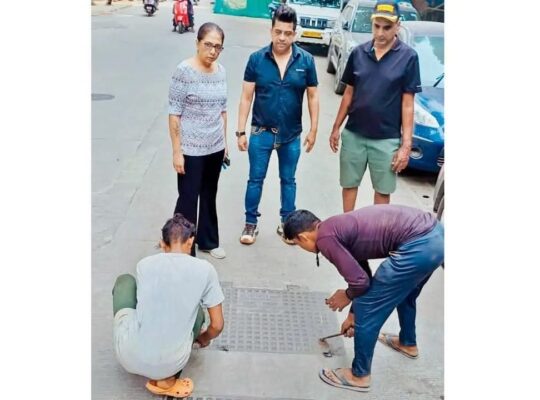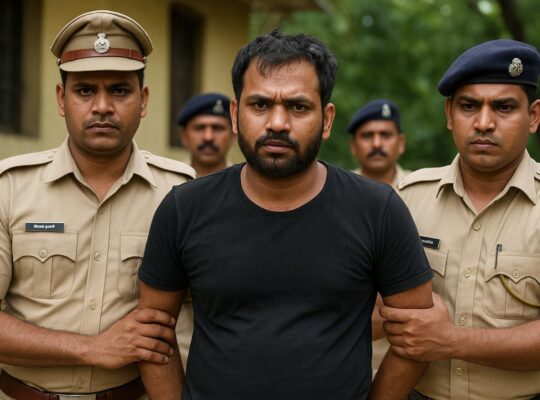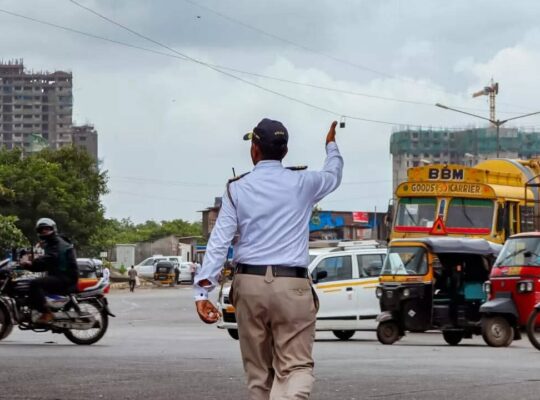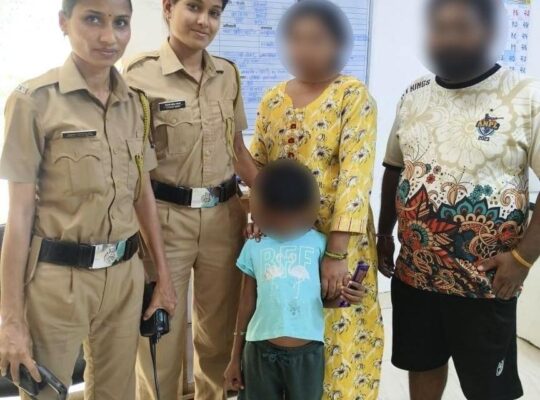In the early hours of a quiet morning, Maharashtra’s Anti-Terrorism Squad (ATS), in collaboration with Thane Rural Police, launched one of its most extensive crackdowns in recent months. Their target: a suspected terror network operating out of Padgha village in Bhiwandi, Thane district — a network allegedly linked to Saquib Nachan, a former leader of the banned Students Islamic Movement of India (SIMI) and a convict in the deadly 2002–2003 Mumbai blast cases.
The raids — backed by intelligence warnings and mounting concerns over dormant terror cells — weren’t limited to one home or one man. Over 250 security personnel swept through more than 15 locations across Padgha and the nearby Borivali village. By the end of the operation, around 20 individuals, believed to be close aides, family members, or ideological followers of Nachan, had been detained for questioning.
What the authorities found
The ATS recovered a range of material: several mobile phones, property documents, and sharp-edged weapons — swords, sabres, and other arms that raised eyebrows. But perhaps more concerning were the documents and digital traces that investigators believe could be linked to radical propaganda and recruitment.
Officials are now poring over what was found, working to piece together whether this was merely a hub of radical ideology, or a full-fledged operational cell with violent intentions. Cyber forensics teams have been deployed to examine communication and potential digital footprints linked to terror outfits.
Who is Saquib Nachan?
To understand the gravity of this operation, one must understand the man at its centre — Saquib Nachan. A former national secretary of SIMI, Nachan was convicted and imprisoned for his role in the bomb blasts that rocked Mumbai in 2002 and 2003, injuring and killing dozens. The Students Islamic Movement of India was banned in 2001 after being declared a terrorist organisation by the Indian government for its alleged links to global jihadist ideologies and terrorist networks, including al-Qaeda and the Taliban.
Since his release, Nachan has maintained a relatively low public profile — but intelligence agencies have continued to monitor his activities, especially given his influence in certain radicalised pockets of Maharashtra. His name frequently pops up in conversations around indoctrination, ideological regrouping, and potential revival of Islamist cells under new banners.
A wider pattern: Radicalisation, recruitment, and sleeper cells
The ATS crackdown comes at a time when security agencies across India are deeply concerned about the revival of sleeper cells — terror modules that remain inactive for years before activating suddenly. These cells often use innocuous fronts — local communities, social organisations, even online study groups — as shields while slowly radicalising members.
Padgha, and some parts of Bhiwandi, have been quietly flagged as “sensitive zones” for years. While not all residents are involved in extremist activities, intelligence inputs suggest that small, closed networks are active — using religious identity, political instability, or perceived injustice as fuel for radical recruitment.
Officials say the recent terrorist attack in Jammu & Kashmir in April 2025 reignited fears that such sleeper networks could be reawakening. Maharashtra, being one of the most urbanised and diverse states, is a prime target — both as a recruitment ground and a soft target zone.
What next?
Authorities have not filed formal charges against all detainees yet, but detailed interrogations are underway. The Maharashtra ATS is working with national intelligence agencies to assess whether this network had operational links to larger terror organisations, possibly even ISIS-inspired factions.
For now, the children and families of Padgha return to school and work with the looming shadow of what was uncovered in their backyard. But the message from this raid is loud and clear: radicalisation may try to go underground — but the system is watching, and it will strike back.

